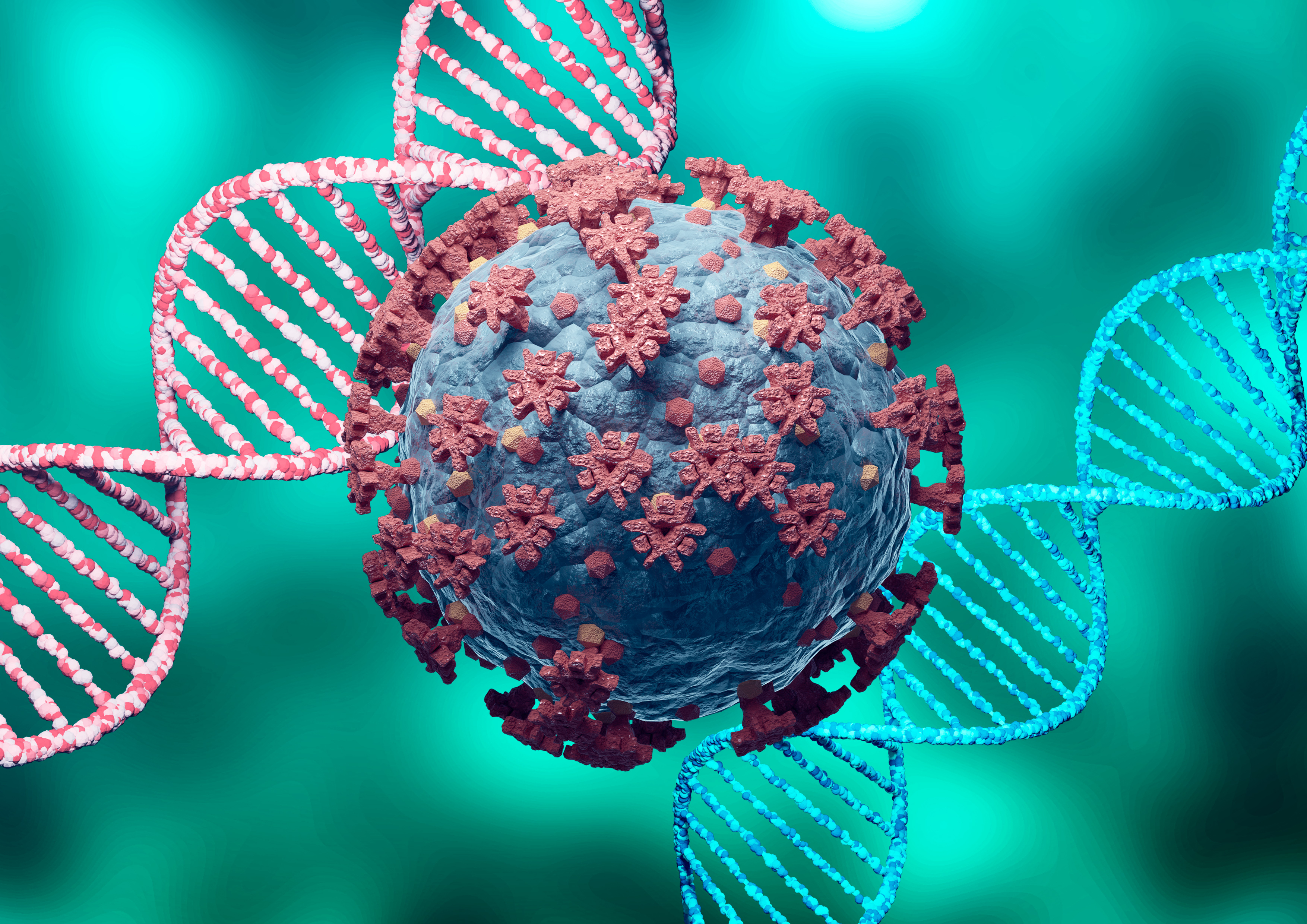
In New York City, misdemeanor marijuana possession arrests were dramatically lower between January and March 2015 than in the same period of 2014—2,960 compared to 7,110, respectively—but stark racial disparities persist among those arrested, new data obtained by Newsweek indicate.
During the first quarter of 2015, African-Americans were arrested for misdemeanor marijuana possession 1,494 times: That's 50.47 percent of the total. Hispanics were arrested 1,130 times, or 38.18 percent, and together these two groups accounted for 88.65 percent of the total. Meanwhile, whites totaled 228 of these arrests (7.70 percent) and 79 (2.67 percent) of the arrestees listed as Asian/Indian, according to the state's Division of Criminal Justice Services.
In terms of the racial breakdown, this isn't all that different from the first quarter of 2014.
Of those 7,110 misdemeanor marijuana arrests, 3,370 (47.4 percent) were African-American and 2,791 (39.25 percent) were Hispanic. So, these two group comprised 86.65 percent of misdemeanor marijuana arrests early in 2014, suggesting the racial disparity in these arrests has grown slightly this year. Whites were arrested 650 times (9.14 percent) and Asian/Indian were arrested 236 times (3.32 percent) during this period. (Some arrestees did not list race-ethnicity data.)
The year-over-year decrease in arrests follows the announcement in November by Mayor Bill de Blasio and Commissioner William Bratton that they would issue summonses for small amounts of marijuana rather than collar them. The rule applies to those caught with 25 grams or less of pot, "so long as there is no warrant for the individual's arrest and the person has identification." Police can arrest those in possession of 25 grams or less "if the marijuana is burning, if the type of possession indicates intent to sell, if the individual has an outstanding warrant, or if the individual is in a location with special consideration, like a school."
One might wonder whether the drop in minor pot arrests has anything to do with the recent increase in murders and shootings.
"No!" answers Harry Levine, a professor of Sociology at Queens College who has extensively researched marijuana possession arrests and policing. "Flat-out, stone-cold, no."
He continues: "Most marijuana use like most alcohol use is recreational, occasional, and without harmful consequences," except for legal consequences, which mainly affect disadvantaged demographics. "Marijuana arrests only target a small percentage of marijuana users. Marijuana arrests have disproportionately targeted young people, especially young people of color, in low income neighborhoods."
New York Police Department officers made 26,385 misdemeanor marijuana possession arrests in 2014. That was down from 28,954 in 2013. Both years, African-Americans and Hispanics comprised some 86 percent of these arrests.
Asked about the numbers, a department official responds that these statistics do not reflect racially motivated policing, but result from data driven crime enforcement.
"The NYPD endeavors to assign its resources based, in considerable part, on an analysis of various conditions in different areas of the city. Among these conditions include level of crime, both major crime and lesser offenses. Another significant consideration relates to the nature and number of local citizen and community complaints in the various neighborhoods. This includes calls to 911, calls to 311 and complaints voiced by members of local precinct community groups," the official says.
"Analysis has clearly shown that a significantly higher level of these conditions and complaints exist in those areas of New York City where there is also a high minority population. Based on these crime-related conditions, as well as complaints, the NYPD attempts to assign its resources to appropriately address these demands. A higher level of police presence in any particular area in which there is a greater level of offenses, in public, will often result in more enforcement activity."
Uncommon Knowledge
Newsweek is committed to challenging conventional wisdom and finding connections in the search for common ground.
Newsweek is committed to challenging conventional wisdom and finding connections in the search for common ground.
About the writer
Before joining Newsweek, Victoria Bekiempis worked at DNAinfo.com New York and the Village Voice. She also completed internships at news ... Read more





